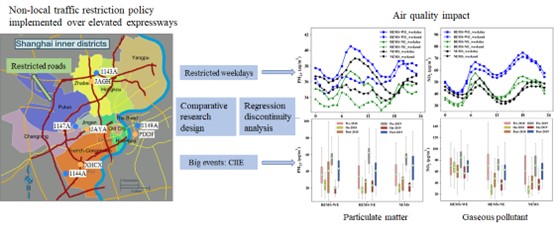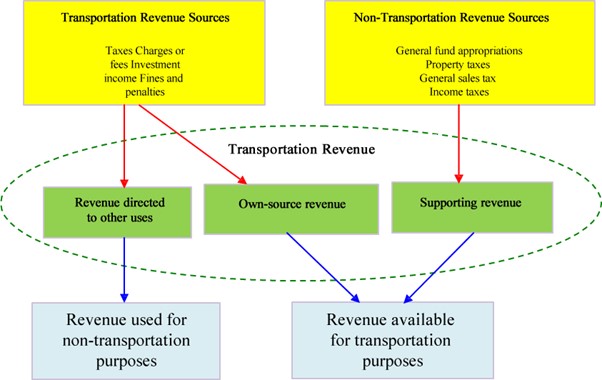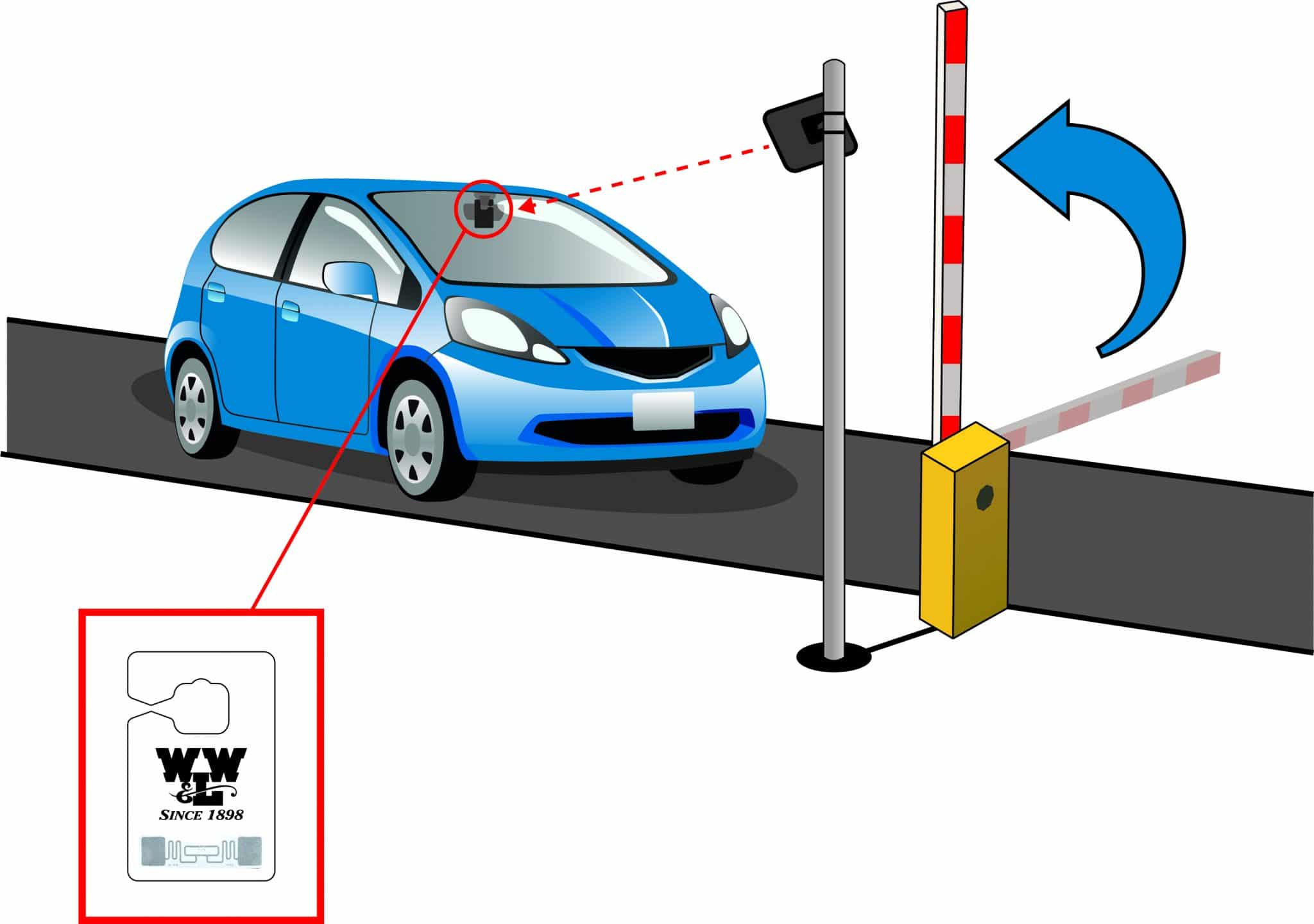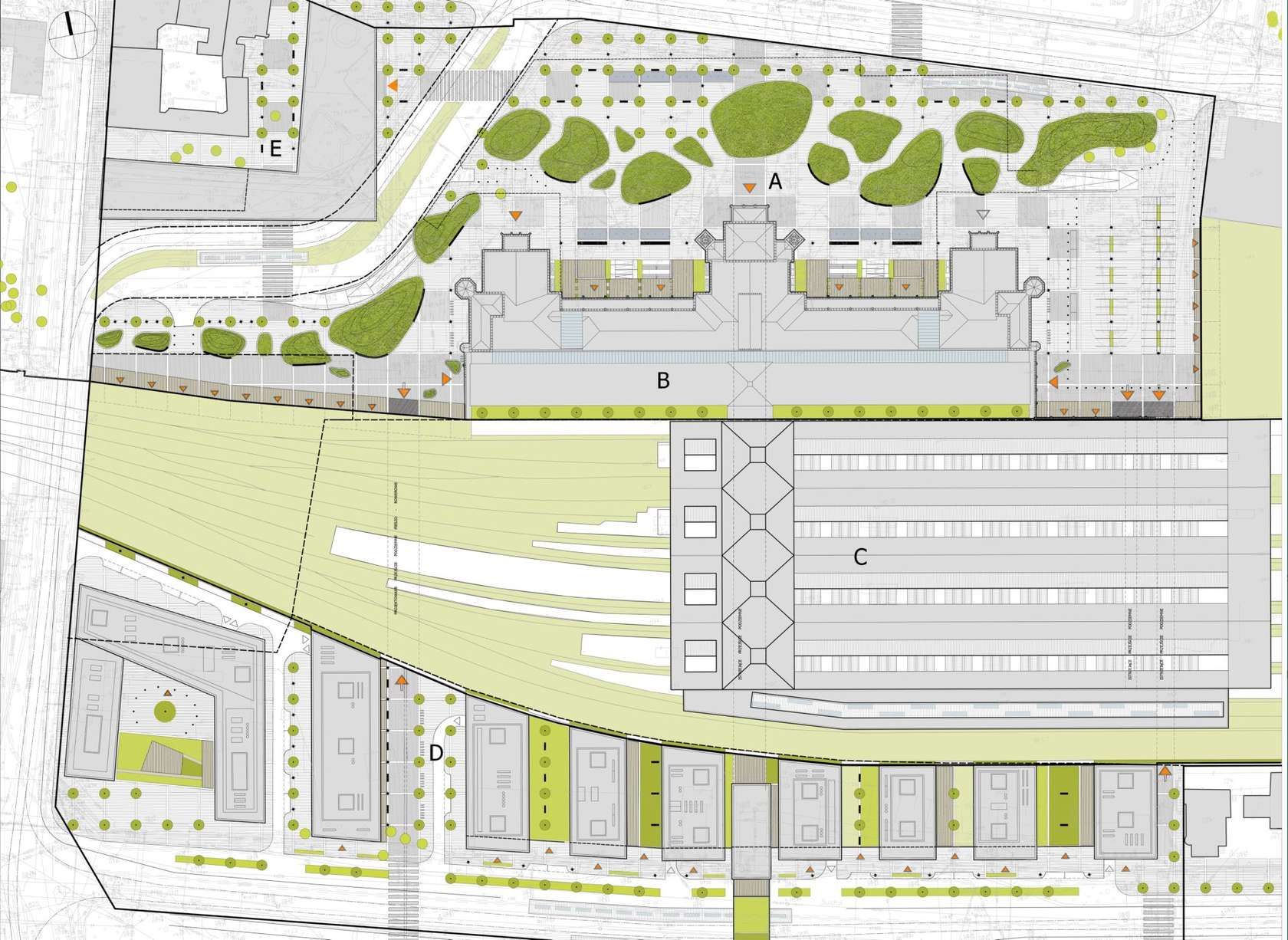Overview
Transportation Policy & Planning is the process of defining future policies, goals, investments, and spatial planning designs to prepare for future needs to move people and goods to destinations. It is typically involved with the evaluation, assessment, design, and siting of transport facilities (generally streets, highways, bike lanes, and public transport lines). In this track, I focus on analysis and evaluation of transportation policies and revenues, as well as the design and planning of railway stations:
Traffic Restriction Policy
Revenue Forecasting & Allocation
Infrastructure Design & Planning
Research Project
| Study on the Integrated Decision-making of Data-driven Intelligent Environment Protection Strategies in Shanghai |
 |
| Perform comparative research design and regression discontinuity analysis to investigate the effects of non-local traffic restriction policy on urban air quality |
| Florida’s Transportation Revenue Forecasting and Allocation Process and Modeling – Phase I |
 |
|
Develop models to understand the forces that will affect future transportation revenues in Florida
Delineate the whole process and concerns of allocating the revenue to Districts and MPOs
|
| RFID-based Automatic Toll System for Roadside Parking |
Railway Station Design: China Railway Guangzhou & Wuhan Groups |
 |
 |
|
Develop an RFID-based automatic toll system for roadside parking to monitor illegal parking behaviors and improve charging efficiency and accuracy
|
Cognition practice of passenger and freight transport in Zhuzhou railway station
Production practice of Centralized Traffic Control for train scheduling in Wuhan & Guangzhou Dispatch Centers
Railway station design and planning for freight transport
|
Publications
Journal Papers
- Lu, K., Liu, Y., Peng, Z. (2025). Assessing the Impacts of Transit Systems and Urban Street Features on Bike-Sharing Ridership: A Graph-based Spatiotemporal Analysis and Prediction Model. Journal of Transport Geography, 128, 104356 [Text].
- Lu, K., Liu, Y., Peng, Z. (2025). Unraveling Urban Bike-sharing Dynamics: Spatiotemporal Imbalances in Bike Rentals and Returns in Washington D.C. Cities, 162, 105967 [Text].
- Hou, Q., Hafiz, D., Peng, Z., Lu, K.. (2025). From Perception to Adoption: A State-of-the-Art Review of Theoretical Approaches to Fully Autonomous Vehicle Acceptance and Transportation System Impacts. Transport Reviews. (Under Review)
- Liu, Y., Lu, K., Hou, Q., et al. (2025). Can Discounted Uber Rides Connecting to Transit Help Regain Bus Ridership? Evidence from Pinellas County, Florida. Transport Policy. (Under Review)
- Liu, Y., Lu, K., Peng, Z., & Zhai, W. (2024). Autonomous Shuttle Acceptance in an American Suburban Context: A Revealed Preference Study in Lake Nona, Florida. Travel Behaviour and Society, 37, 100865 [Text].
- Lu, K., Peng, Z. (2023). Impacts of Viaduct and Geometry Configurations on the Distribution of Traffic-related Particulate Matter in Urban Street Canyon. Science of the Total Environment, 858, 159902 [Text].
- Lu, K., Wang, H., Li, X., et al. (2022). Assessing the Effects of Non-local Traffic Restriction Policy on Urban Air Quality. Transport Policy, 115, 62-74 [Text].
- Zhao, H., He, H., Lu, K., et al. (2022). Measuring the Impact of an Exogenous Factor: An Exponential Smoothing Model of the Response of Shipping to COVID-19. Transport Policy, 118, 91-100 [Text].
- Jia, Y., Lu, K., Zheng, T., et al. (2021). Effects of Roadside Green Infrastructure on Particle Exposure: A Focus on Cyclists and Pedestrians on Pathways Between Urban Roads and Vegetative Barriers. Atmospheric Pollution Research, 12, 1-12 [Text].
Book Chapters
- Peng, Z., Lu, K., Jin, M., et al. (2022). China’s Metro Explosion: Lessons from China’s Big Four Cities. In: Landis, J. D. (eds) Megaprojects for Megacities. Edward Elgar Publishing, Inc., USA [Text].
- Peng, Z., Zhai, W., Lu, K. (2022). Smart, Sustainable, and Resilient Transportation System. In: Li, B., Shi, X., Zhu, AX., Wang, C., Lin, H. (eds) New Thinking in GIScience. Springer, Singapore [Text].
Presentations & Talks
- 2025.01: Transportation Research Board 104th Annual Meeting. Integrating Public Transit Effects and Street View Imagery into a Dynamic Spatiotemporal Graph-based Machine Learning Model for Predicting Bike-sharing Ridership. Washington D.C., USA.
- 2024.11: Association of Collegiate Schools of Planning (ACSP) Conference. Impact of Shared Micromobility System Sizes on Usage Patterns: Planning Implications. Seattle, WA, USA.
- 2024.07: The 18th International Association for China Planning (IACP) Conference. Impact of Shared Micromobility System Sizes on Usage Patterns and its Planning Implications. Hangzhou, China.
- 2024.01: Transportation Research Board 103rd Annual Meeting. Demystifying the Spatiotemporal Heterogeneity of Rental-Return Imbalance on Bike-Sharing Systems: A Bayesian Additive Regression Trees (BART) Model. Washington D.C., USA.



